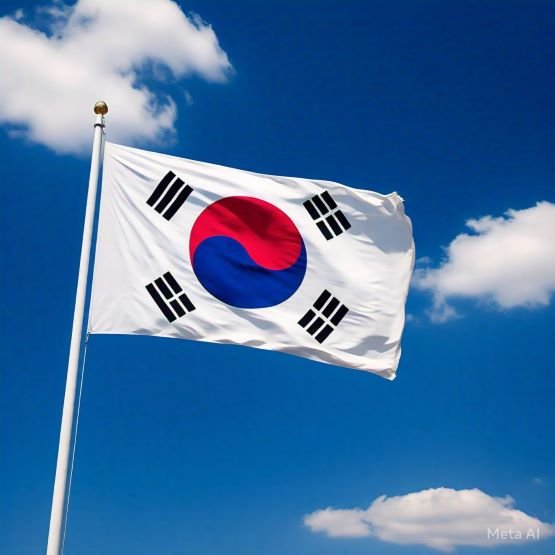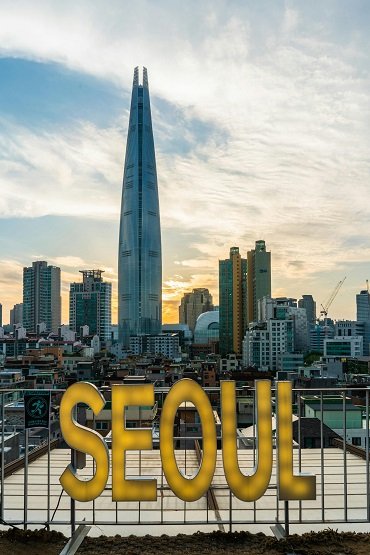
Migration has always been a big step for individuals seeking better opportunities, personal growth, or a fresh start. However, migrating to South Korea, a country known for its culture and rapid technological advancements, often comes with challenges. While the appeal of cities like Seoul and Busan is strong, it’s important to understand the 15 harsh realities of Korean migration before making the move. Let’s explore these realities and how they can affect your journey.

1. Facing the Language Barrier in Daily Life
One of the first challenges migrants face is the language barrier. Although English is taught in schools, many Koreans prefer using their native language, making daily interactions tough.
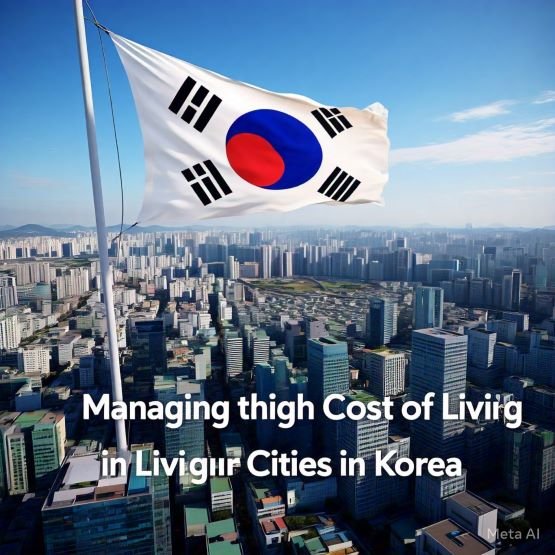
2. Managing the High Cost of Living in Cities
South Korea is one of Asia’s most expensive countries, especially in major cities. Rent, groceries, and transportation can quickly consume your savings if not carefully managed.

3. Adjusting to South Korea’s Demanding Work Culture
South Korea’s work environment is known for long hours and high expectations. For migrants, getting used to this culture can be mentally and physically draining.

4. Dealing with Social Isolation as a Foreigner
Despite being around many people, migrants often feel isolated due to cultural differences and the difficulty of making friends initially.
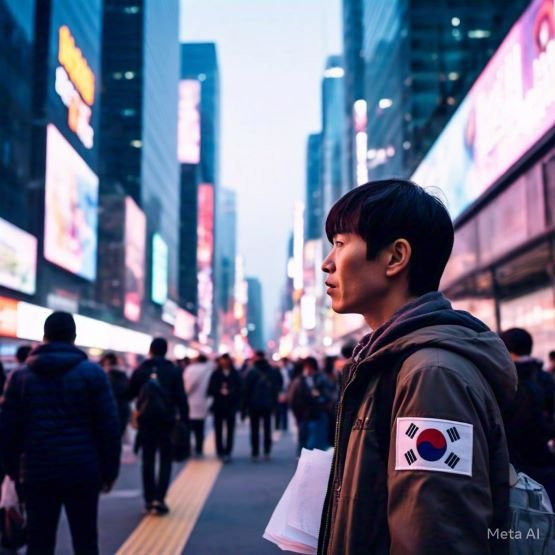
5. Experiencing Discrimination in Different Areas
Sadly, some migrants encounter discrimination in the workplace, housing, or even in social settings because they are foreigners.

6. Overcoming Housing Difficulties as a Foreigner
Finding affordable and decent housing can be hard. Many landlords prefer renting to locals, adding another challenge for foreigners.

7. Navigating South Korea’s Strict Visa Rules
Visa rules in South Korea are strict and require a lot of documentation. Missing even one step can lead to legal problems.

8. Handling the Pressure of Korea’s Education System for Families
For families with kids, the competitive Korean education system can be overwhelming. Academic performance is highly stressed, which adds pressure on both students and parents.

9. Dealing with High Healthcare Costs Without Insurance
Although Korea has a good healthcare system, it can be costly without insurance. Language differences may also make communication with doctors harder.

10. Understanding Cultural Expectations and Norms
Learning societal norms, like showing respect in a hierarchy and group decision-making, can be confusing for newcomers.

11. Limited Job Opportunities for Foreigners in Most Fields
Unless you work in teaching English or tech, finding a job as a foreigner can be tough due to language and certification requirements.
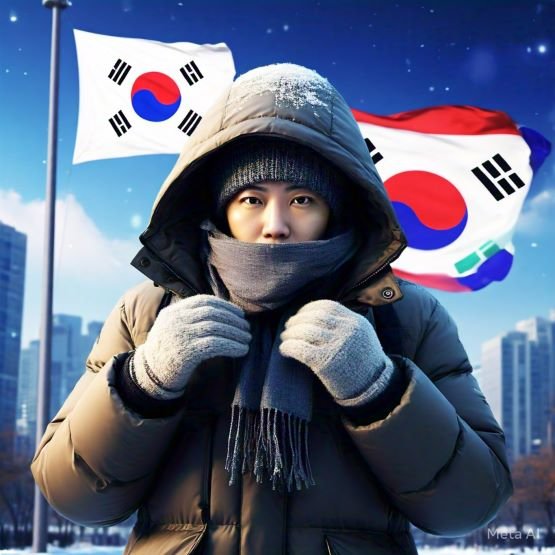
12. Preparing for Korea’s Cold and Harsh Winters
Korean winters are very cold and long. Without proper preparation, enduring the freezing temperatures can be difficult.

13. Coping with Air Pollution and Seasonal Yellow Dust
Seasonal air pollution, including yellow dust from China, can harm your health, especially if you have respiratory problems.

14. Living in Overcrowded Cities with Limited Space
Major cities are very crowded, meaning you’ll deal with packed subways, long lines, and a lack of personal space.

15. Building a Support Network with Few Initial Connections
Building a support network takes time. Many migrants struggle initially without a reliable group of friends or community.
Suggestions for Coping with These Realities
Although these realities seem challenging, there are ways to manage them:
- Learn the Language Spend time learning Korean, even basic phrases. This will make communication easier and help you fit in.
- Budget Carefully Plan your budget to manage living costs. Find local markets and affordable housing to save money.
- Understand the Culture Learn about Korean culture by attending events, trying local food, and following social norms.
- Find Support Groups Join expatriate groups, online forums, or local community centers to make connections and get advice.
- Stay Informed Keep up to date on visa rules, healthcare options, and job opportunities. Knowledge will help you avoid problems.
- Protect Your Health Get health insurance and take steps to protect yourself from air pollution, like using masks and air purifiers.
- Stay Positive Remember that every journey has challenges. Stay determined, seek help when needed, and focus on your goals.
Conclusion
Migrating to South Korea comes with its set of challenges, but with preparation and a positive attitude, the experience can be rewarding. By understanding these difficulties and planning ahead, you can make your transition smoother and more enjoyable. Embrace the journey, learn from the challenges, and enjoy the dynamic life that South Korea has to offer. While the path may be tough, it’s definitely worth it.
Helpful Resources for Migrants
- Korea Immigration Service – Official government resource for visa and immigration information.
- Hi Korea – Comprehensive portal for foreign residents in South Korea.
- Seoul Global Center – Support services for expatriates living in Seoul.
- Korea4Expats – A guide for expatriates with practical advice on living in Korea.
- Korean Language Resource – Learn Korean to ease your transition and improve daily interactions.

